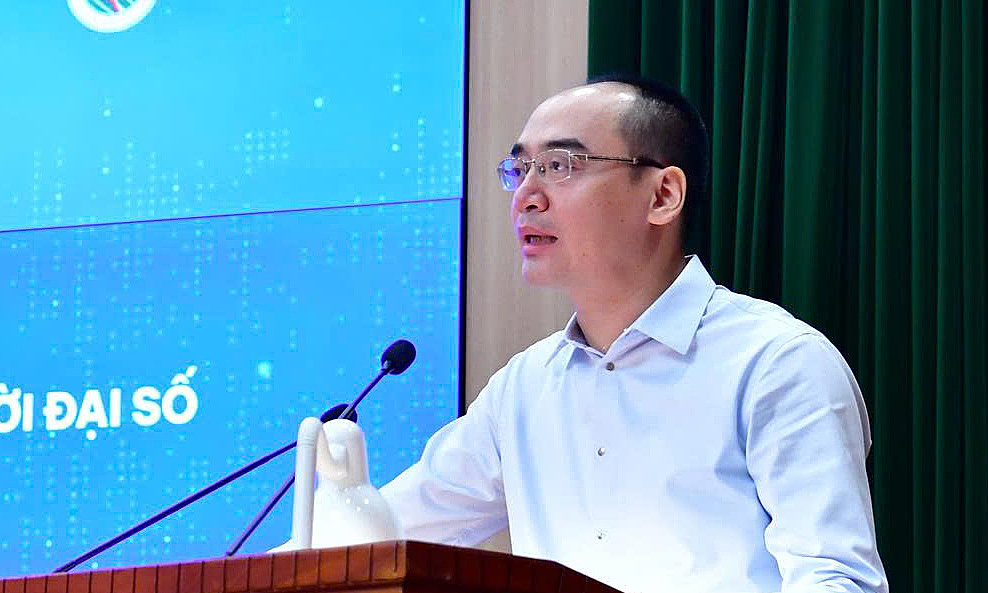At a conference on information technology application on 21/8, Deputy Auditor General Bui Quoc Dung stated the agency's long-term goal is to build a digital audit ecosystem.
Starting later this year, the State Audit plans to use artificial intelligence (AI) to synthesize all audit reports from the past 5 years. This will allow them to consolidate recommendations and create a system for comparison.
"This acts as a form of 'precedent,' providing auditors with more reliable experience and ensuring consistency across localities and units for the same findings," Dung said.
Along with this, the State Audit plans to develop software for quality control of reports. The AI will automatically review and detect discrepancies between records, thereby increasing the reliability of audit reports.
"If these applications are put into practice, the quality of reports and the ability to control the honesty and reasonableness of audit activities will be significantly enhanced," he said.
 |
Deputy Auditor General Bui Quoc Dung speaks at the conference on 21/8. Photo: SAV |
Deputy Auditor General Bui Quoc Dung speaks at the conference on 21/8. Photo: SAV
Currently, sample-based auditing saves time and resources, but it has limitations as public financial data becomes increasingly diverse, large, and complex. If the sample selection does not fully reflect potential risks, it can lead to omissions or inaccurate assessments of errors.
The State Audit processes a massive amount of data annually, including financial statements, budget settlements, public investment records, and information on public asset management and use. With traditional methods, auditors find it challenging to fully exploit the value of this data. The shift to AI applications is expected to address this limitation.
According to the State Audit's leadership, the agency has piloted AI in the audit process with positive results. Dung stated that the new technology has helped auditors analyze data, select samples, automatically update regulations, and compare data on a broader scale. This leads to more accurate and comprehensive assessments, supporting auditors in drawing more objective conclusions.
These trial results form the basis for building a digital audit ecosystem, gradually shifting from traditional sampling methods to auditing 100% of the data. "This will increase the transparency and reliability of reports, enhancing the effectiveness of public financial and budget oversight," Dung said.
Last year, the State Audit recommended financial remedies totaling 22,817 billion VND. This included increasing budget revenue by 2,637 billion VND, reducing expenditures by 9,341 billion VND, and other recommendations amounting to 10,839 billion VND. The agency also recommended revisions to regulations and corrective actions for related units in managing, operating, and utilizing public finances and assets.
Phuong Dung












